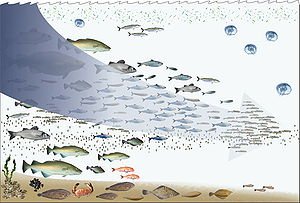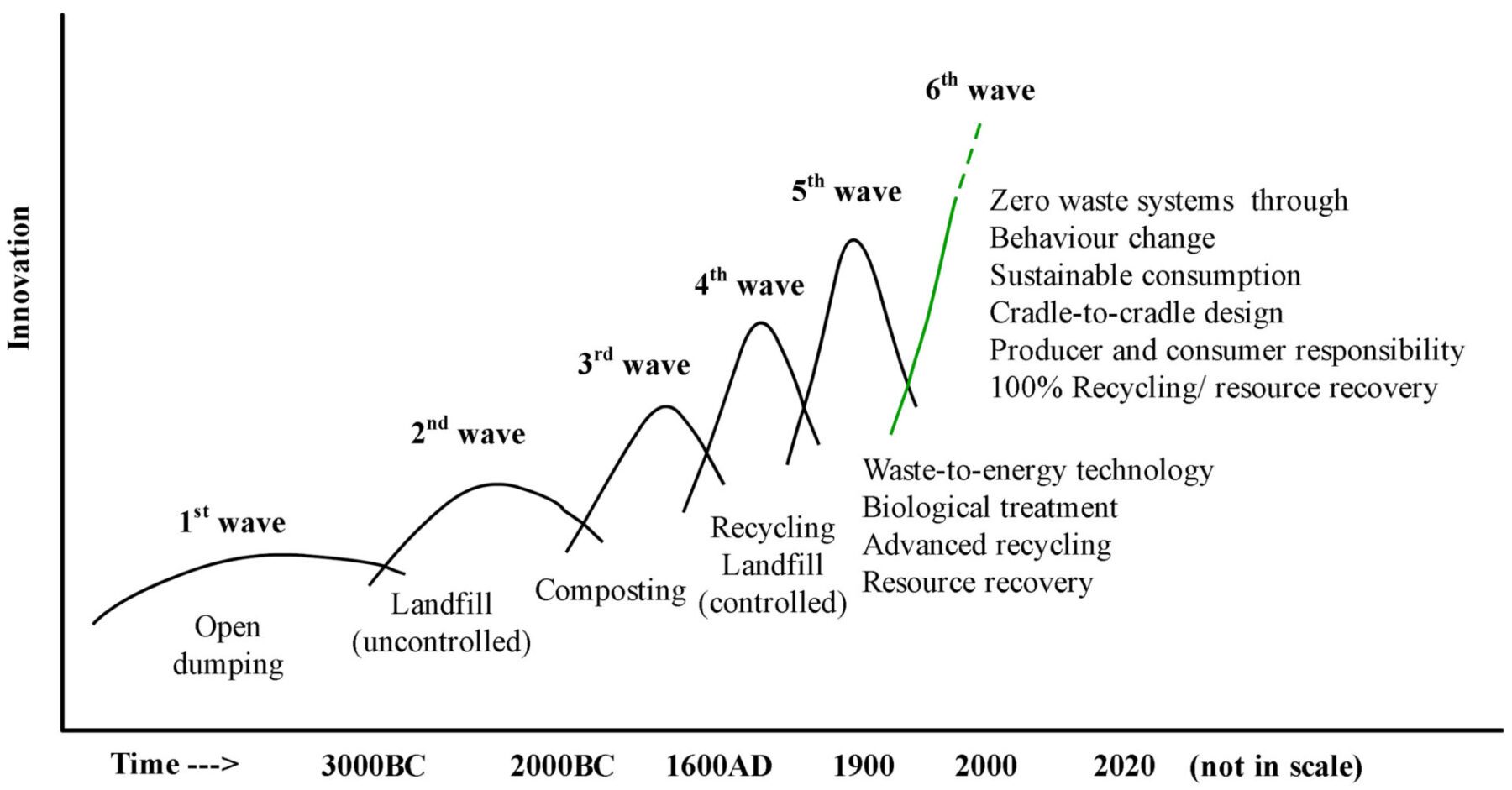
- Image via Wikipedia
The time when we could do anything we want anywhere we want in the oceans is over
For decades the seas off U.S. shores have been roiled by controversies over where to drill for oil, how to reel in overfishing, and whom to blame for toxic streams of continental runoff. A failure to manage these problems effectively has already put the nation’s oceanic realms in serious jeopardy. And now we are inviting new industries to stake their own claims on the blue frontier. To generate clean energy from wind and tides, we need permanent installations. To grow more food, we need offshore farms.
Without a plan to manage these proliferating activities, they are very likely to exacerbate the existing shambles. President Barack Obama turned a spotlight to this challenge in June, when he charged an interagency task force with detailing the country’s first national ocean policy. Its official report is due out this month, but a draft hints at a bold way of reconciling our competing needs and interests, both economic and environmental: zoning U.S. waters (which extend 200 nautical miles from the coast) much the way we zone our cities and public lands [see “Ocean Overhaul,” by Sarah Simpson].
Precedent for this approach comes from a fisheries management strategy that has shown great promise in recent years, called catch shares. Unlike traditional fish quotas, which typically ignite a race among fishers to haul in the largest possible share of allowable catch, catch-share schemes allocate shares of the fisherywide quota before the season starts. Secure in the number of fish they can catch, fishers are free to plan how and when to do their work, making them more likely to prioritize practices that do not damage fish habitat and thereby maintain their ability to catch more fish in future years. In some cases, conservation advocates can buy an individuals’ shares in exchange for their not fishing at all. So far the U.S. uses catch shares to manage 12 commercial fish stocks, including halibut, pollock and Atlantic cod.
Related articles by Zemanta
- Task force urges faster move to reform fishing (sfgate.com)
- NOAA to move faster to reform commercial fishing (seattletimes.nwsource.com)
- Hawaii on course to avoid year-end tuna shortage (seattletimes.nwsource.com)
- The EU Is Cracking Down On “Ruthless” Overfishing Of Cod, But Not Threatened Bluefin (huffingtonpost.com)
- 2048: The Year of No More Fish (takepart.com)
- Privatization of fisheries hurts family fishermen (ballardnewstribune.com)
- EU fisheries minister calls for an end to discards (telegraph.co.uk)









